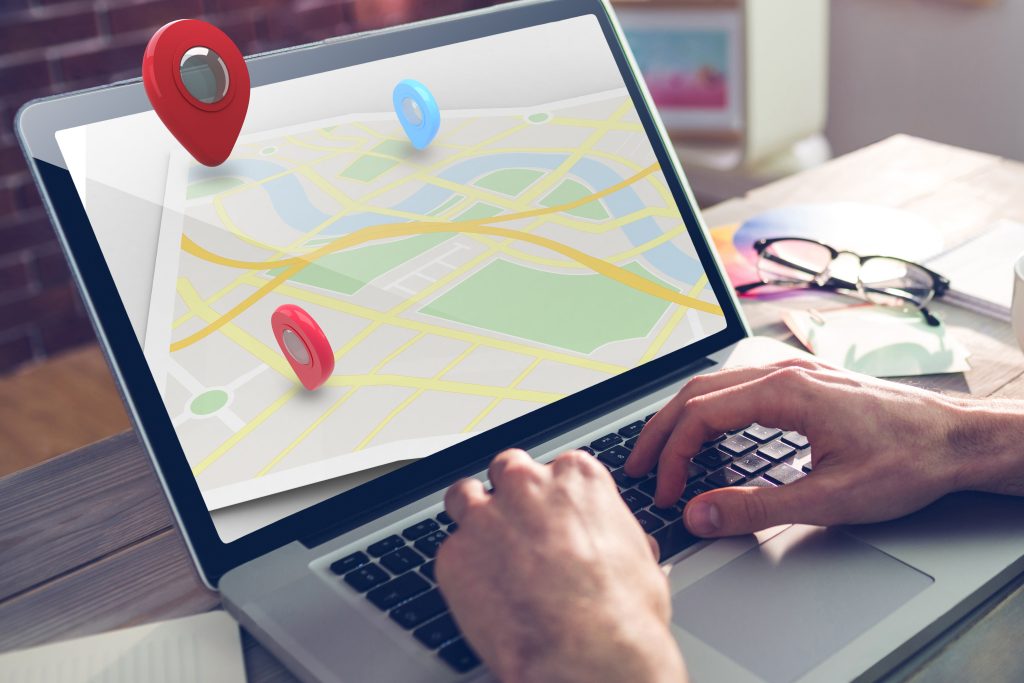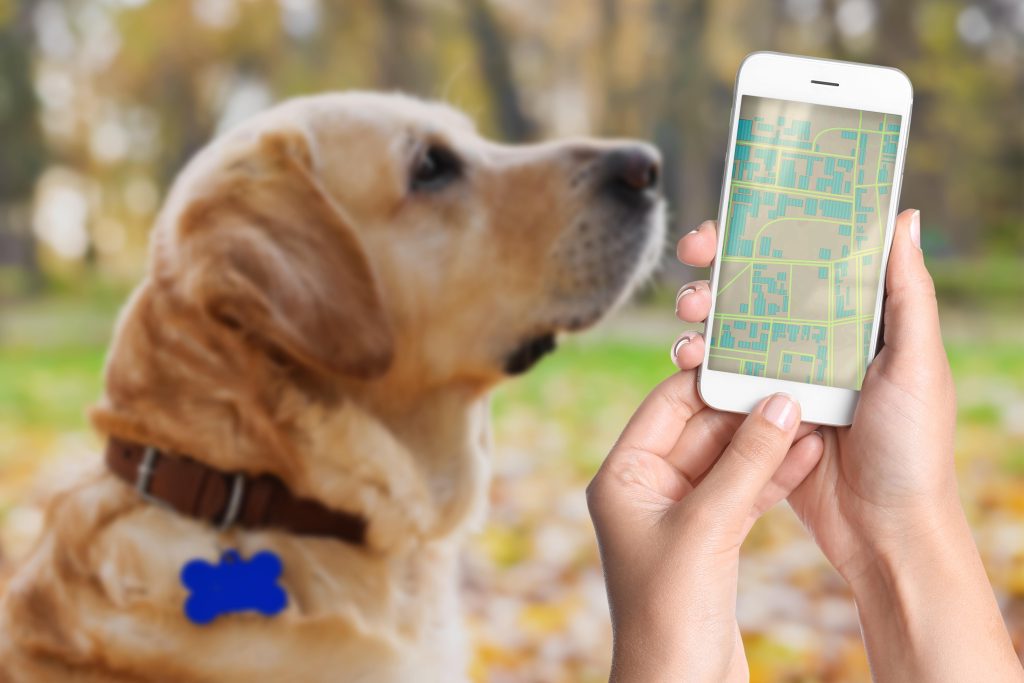Tracking Systems: How to Leverage Data for Better Logistics Management
In the logistics industry, data is the key to growth. Check how you can implement tracking software in your transportation company and what you can gain because of it.
In the logistics industry, data is the key to growth. Check how you can implement tracking software in your transportation company and what you can gain because of it.
In the modern information society, data is the key to growth. No company willing to conquer its market or even to keep up with its competitors, can be managed without a data-driven approach. And in the ever-changing environment, even seemingly small changes in a company’s operations can make or break a business, particularly in competitive, large-scale industries such as logistics.
In this blog post, we explore the importance of implementing tracking systems for data gathering and optimization in logistics companies. Check out what tracking systems are, in which areas they are invaluable, and how they can help you improve your logistics operations.
Tracking systems are complex networks that combine hardware for collecting data and software for gathering, processing, and managing large datasets. The built-in, plug-in, or wearable sensors can monitor a variety of characteristics of goods, vehicles, or even people. These include their location, status, passing a certain point, meeting certain conditions, and many other metrics – depending on the company’s needs.
In the logistics industry, real-time tracking systems have multiple applications, ranging from tracking solutions, to fleet management and warehouse management. No wonder more and more logistics companies consider dedicated tracking software to be the best way to increase safety and optimize the costs of operations. So how can you leverage tracking systems for your business case?
The market for logistics tracking systems is booming with new applications invented every year. GPS, RFID, geofencing, RTLS, and barcodes – it may not be easy to keep up with all the cutting-edge technologies. So below, you can find a quick overview of the tracking solutions available in the market, with some examples of industry leaders who have successfully implemented them.

Whether you own a fleet of transport trucks or vessels, run a car renting business, or manage multiple specialized vehicles, you cannot do without some sort of location tracker. GPS is a real-time satellite-based radio navigation system, commonly used around the world. By implementing a GPS vehicle tracking system, you can easily track the whereabouts of your fleet as well as monitor its costs, driving hours, and mileage.
GPS vehicle tracking can be useful for all kinds of logistics businesses and fleet owners. Take the example of Home Clean Heroes, a U.S. company that offers cleaning services for individual households. Thanks to introducing a custom vehicle tracking solution for their small fleet of vans, they were able to adjust their routes, double the number of clients they can serve in a workday, and increase their margins up to 65%.
In the times of e-commerce, one cannot really imagine customer service without real-time tracking of shipments – from door-to-door parcel delivery to sea freight. A common solution used here is a barcode tracking system which can help to track the movement of packages and shipments on their journey through the supply chain.
A great example in the Polish market is InPost – a transportation company best known for introducing a network of pick-up lockers, from which customers can retrieve their parcels at the most convenient moment. The company keeps its clients informed about the steps on their parcel’s journey and notifies them when and where their package is delivered.
A step further from barcodes is RFID – an automation identification and data caption technology based on track tags that are recognized using an electromagnetic field. RFID tracking systems can be used to track inventory movement within warehouses or on production lines. They are also commonly used to prevent thefts in stores.
When you think of a store management expert, Walmart is probably the first brand that comes to your mind. And not by accident – the company excels in using RFID technology and AI to manage their malls across the United States. Thanks to introducing RFID tags to all cases and pallets of incoming shipments, they enhanced inventory visibility, reduced out-of-stock levels by 16%, and were able to offer a grocery pick-up service for their clients.
Does your business require not only tracking the location of goods or vehicles but also checking the condition of your machine park? Asset tracking systems are a response to that need. Specialized sensors show the level of equipment usage, mileage, and condition, letting you plan necessary checkups and repairs in advance.
Inventory management software can also measure the atmospheric conditions or vibrations of construction equipment as well as use devices such as accelerometer to inform whether a machine is currently used or transported.
As mobile devices become a vital part of our lives, tracking employees and their work is not a distant future but a reality. Biometric tracking systems include technologies such as wearables, mobile apps, and software for GPS tracking. Some of them can be used as part of RTLS – Real-time Locating Systems – which allows automatic tracking of objects or people in real-time.
Biometric tracking systems are used mostly to track the location of couriers or warehouse workers. For example, food delivery services such as Glovo or Pyszne.pl use tracking systems to check the location of their delivery guys.
Does your logistics business’s field of operation include transporting livestock? Tracking systems can be of help here, too. By implanting RFID microchips in animals, you are able to fulfill the veterinary requirements in markets such as the European Union or the United States. And when combined with geofencing solutions, GPS trackers can also help to keep your cattle within set boundaries on unfenced pastures.
GPS tracking systems can also be used to track the location of pets. For example, Apple AirTag is a tiny, waterproof device that lets you track your dog or cat’s location from your iPhone.

As you can see, logistics tracking systems offer a wide choice of technologies and possibilities to gather all sorts of data. But how exactly can this data be used to leverage your transportation or warehouse business? Let’s investigate the most important benefits.
Safety first! By introducing a GPS vehicle tracking system into your company, you can easily monitor your fleet routes as well as drivers working hours and habits. This way, you can quickly react to unpredictable road conditions and send help if needed. Tracking systems can also help you to make sure your employees are well-rested and the fleet remains in perfect condition.
Each business aims for the largest profits possible. By implementing vehicle tracking solutions, you can effectively monitor and manage your fleet, ensuring that vehicles are utilized optimally and unnecessary expenses are minimized. Such systems can help you to identify inefficiencies, reduce idle time, and enhance fuel efficiency in order to reduce operating costs and decrease your company’s impact on the environment.
Apart from tracking vehicles, fleet management systems can also be used to automatically plan optimal routes for your transportation business. Custom logistics software combines GPS vehicle tracking systems with AI that assesses traffic conditions, weather, and the availability of vehicles and workforce. As a result, route planning software can dynamically optimize your entire fleet, resulting in reduced carbon emissions and cost savings on fuel and salaries.
Does your business require you to keep an eye on your assets at all times? RTLS delivers up-to-date information regarding the whereabouts of various entities such as couriers, packages, vehicles, machinery, and even children or pets. It helps you make informed decisions, optimize operations, and maintain a vigilant eye on the movement and safety of your valuable assets, people, or animals.
If you manage a large logistics company, keeping track of all your equipment conditions, necessary repairs, and check-ups can be a huge challenge. Fortunately, with the use of tracking software, you can plan them all in one application and set notifications for your maintenance team.

Customer experience is king. And logistics tracking software can help you treat him as one by offering real-time updates, enhancing delivery accuracy, and fostering trust and transparency. Thanks to it, customers can easily track their packages, check their location and estimated arrival time. And you get valuable insights for optimizing your processes and delivering faster, punctual customer service.
As you can see, there are many cutting-edge technologies that can help you develop your logistics business and take the lead in your industry. Depending on your field, you can choose from a variety of GPS vehicle tracking systems, RTLS, barcodes, or even track your employees. All that to ensure the cost-efficiency and safety of your people and assets.
Do you already have an idea for your custom logistics tracking solution and need help developing it? Our team of logistics software experts is here to help.
 Hi, I’m Marcin, COO of Applandeo
Hi, I’m Marcin, COO of Applandeo
Are you looking for a tech partner? Searching for a new job? Or do you simply have any feedback that you'd like to share with our team? Whatever brings you to us, we'll do our best to help you. Don't hesitate and drop us a message!
Drop a message